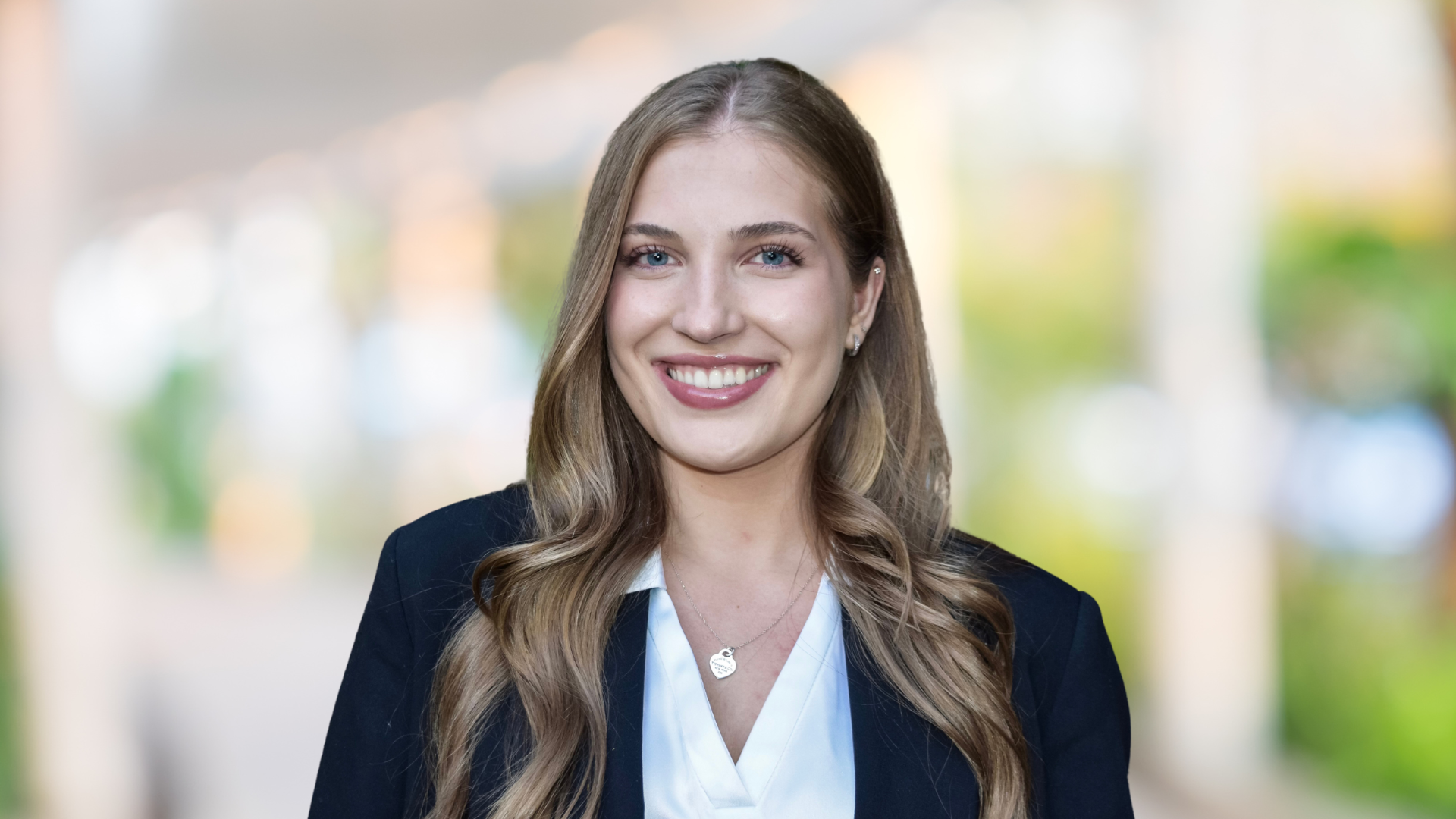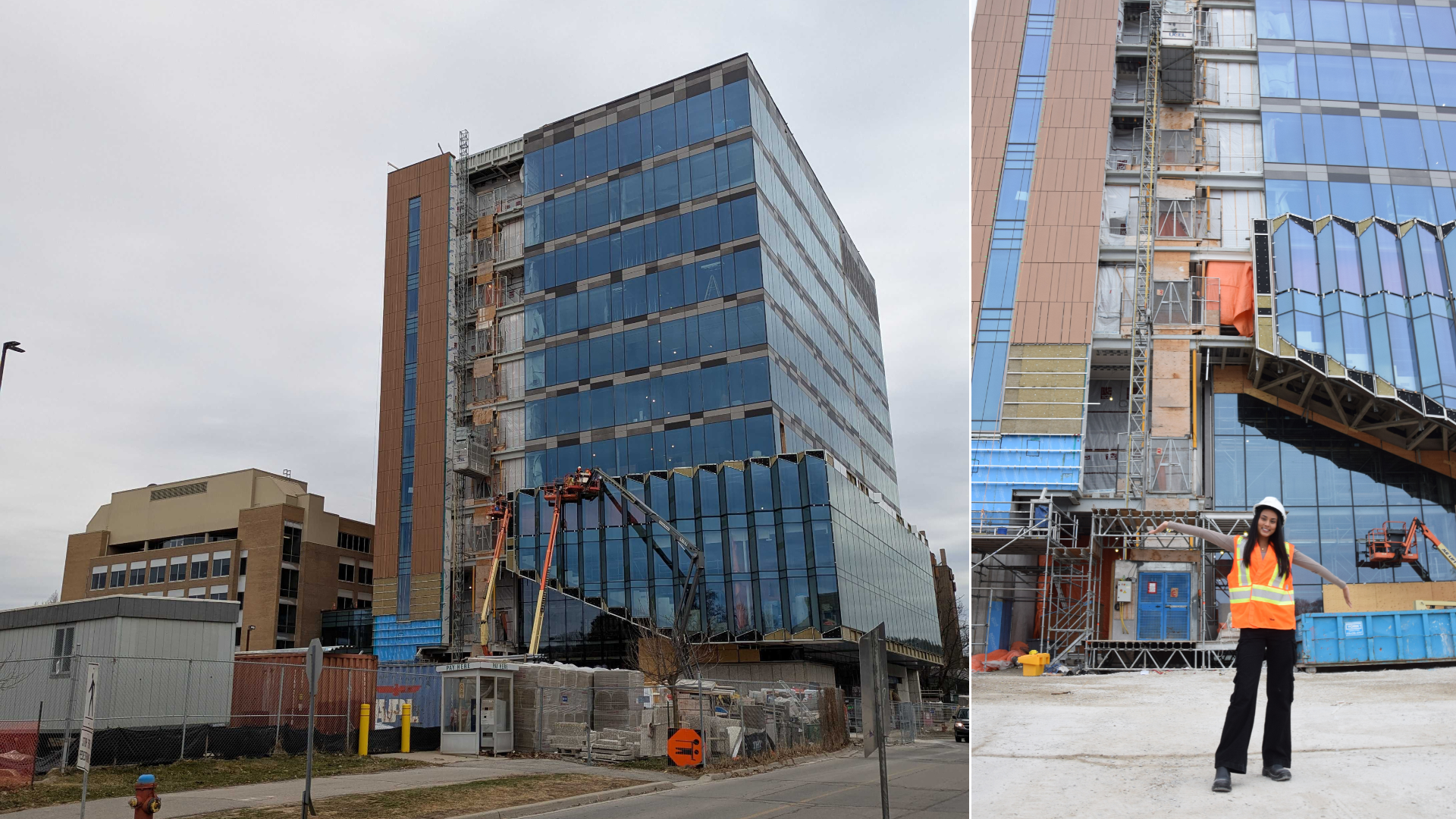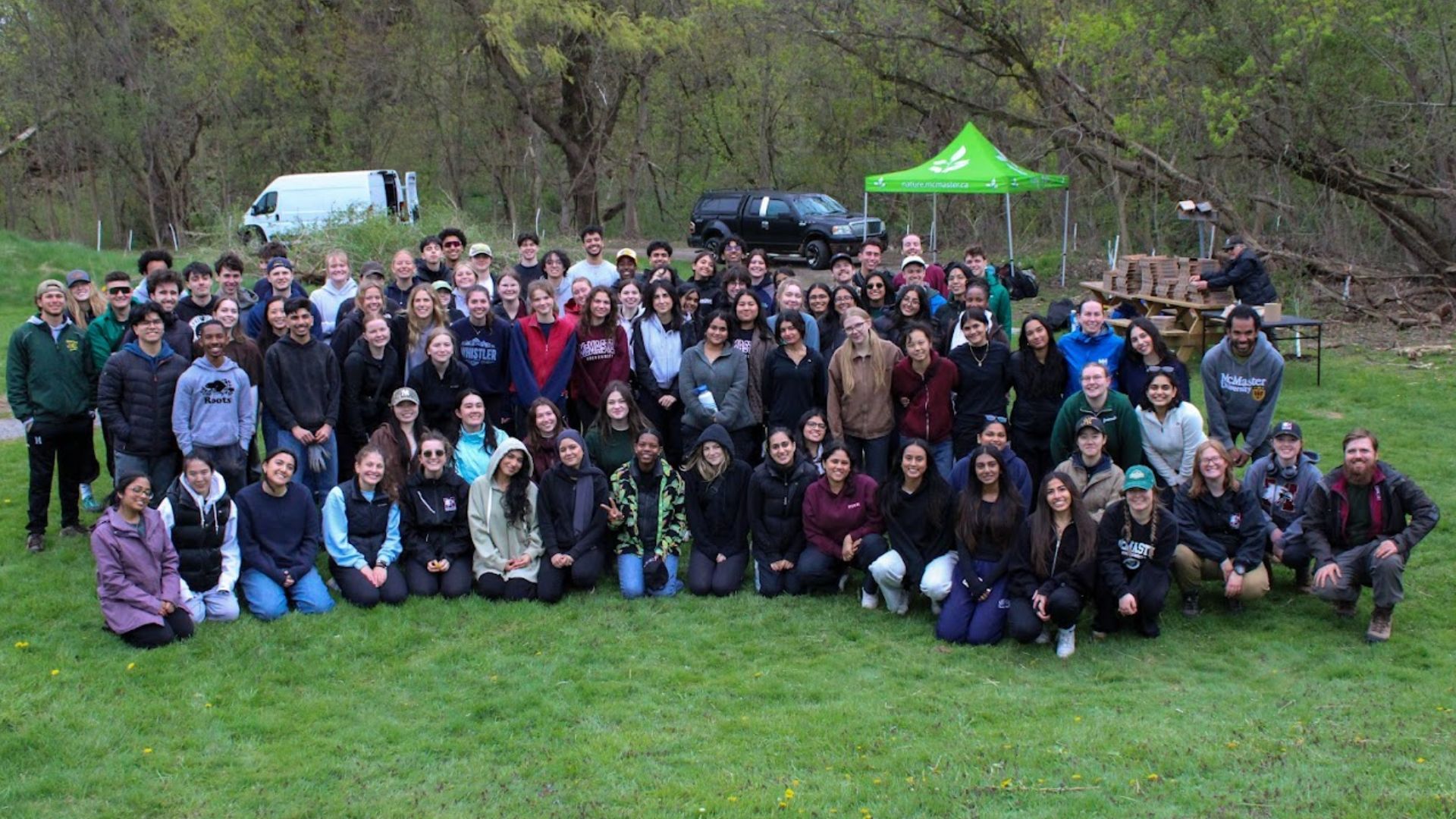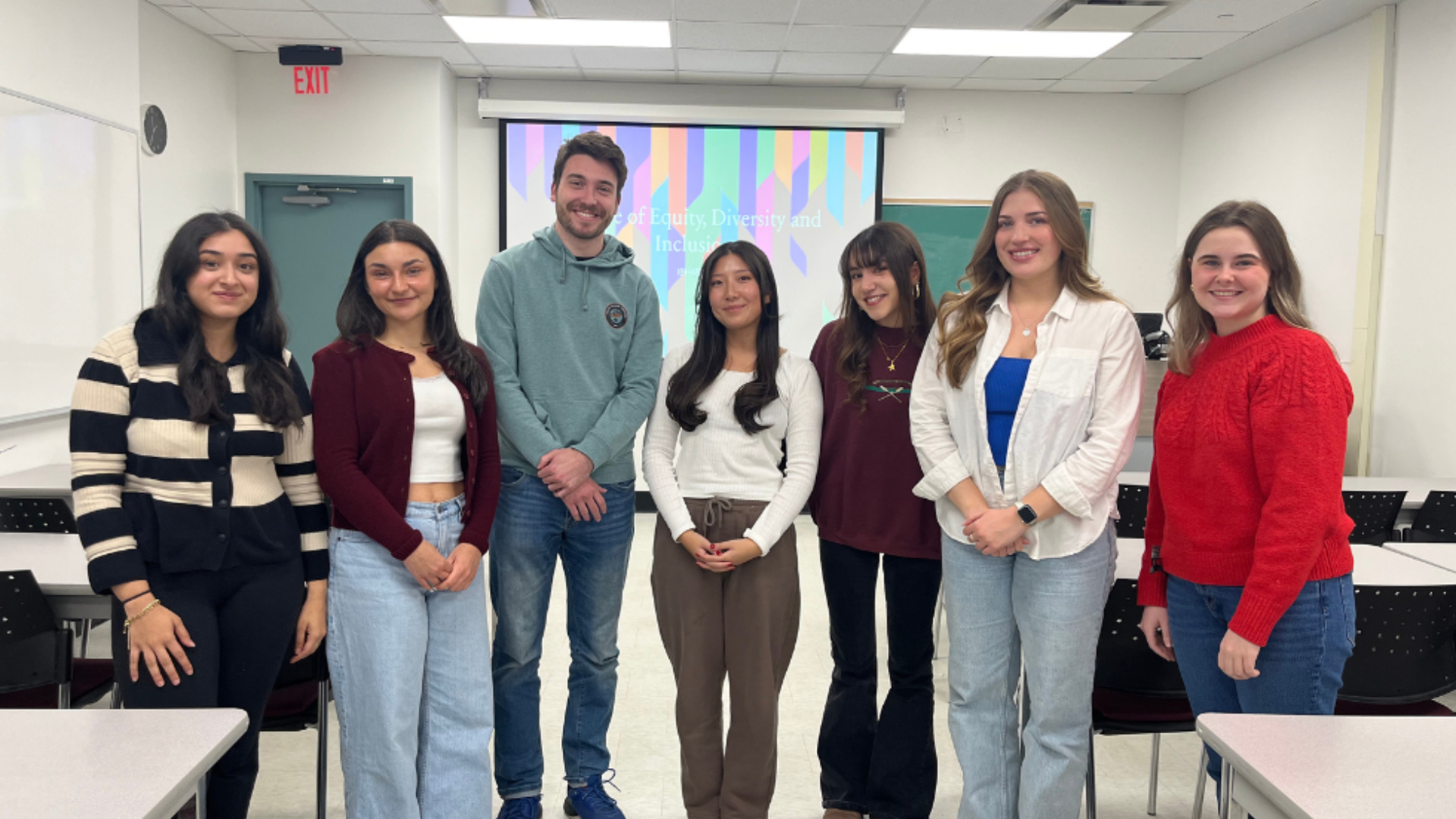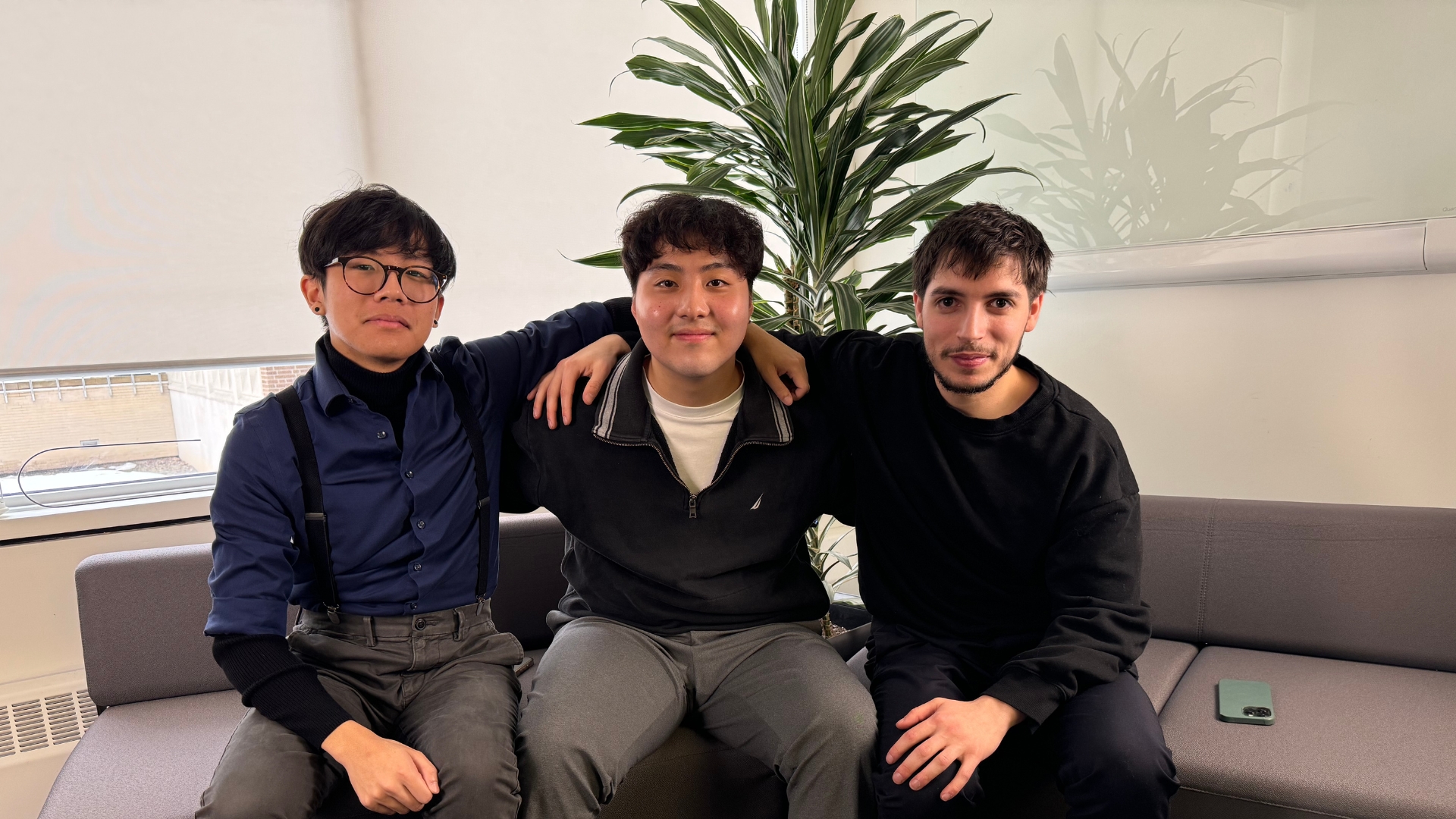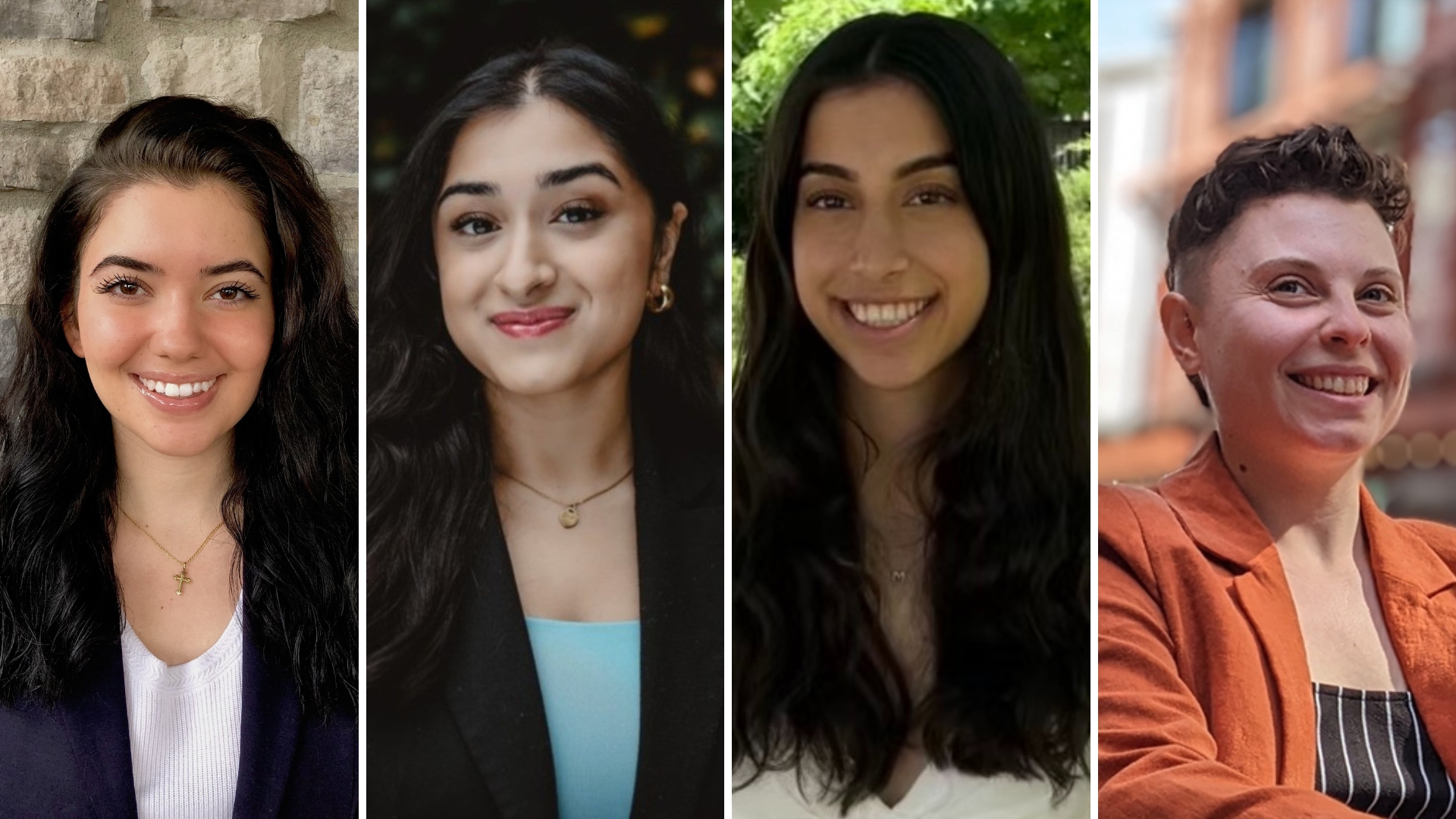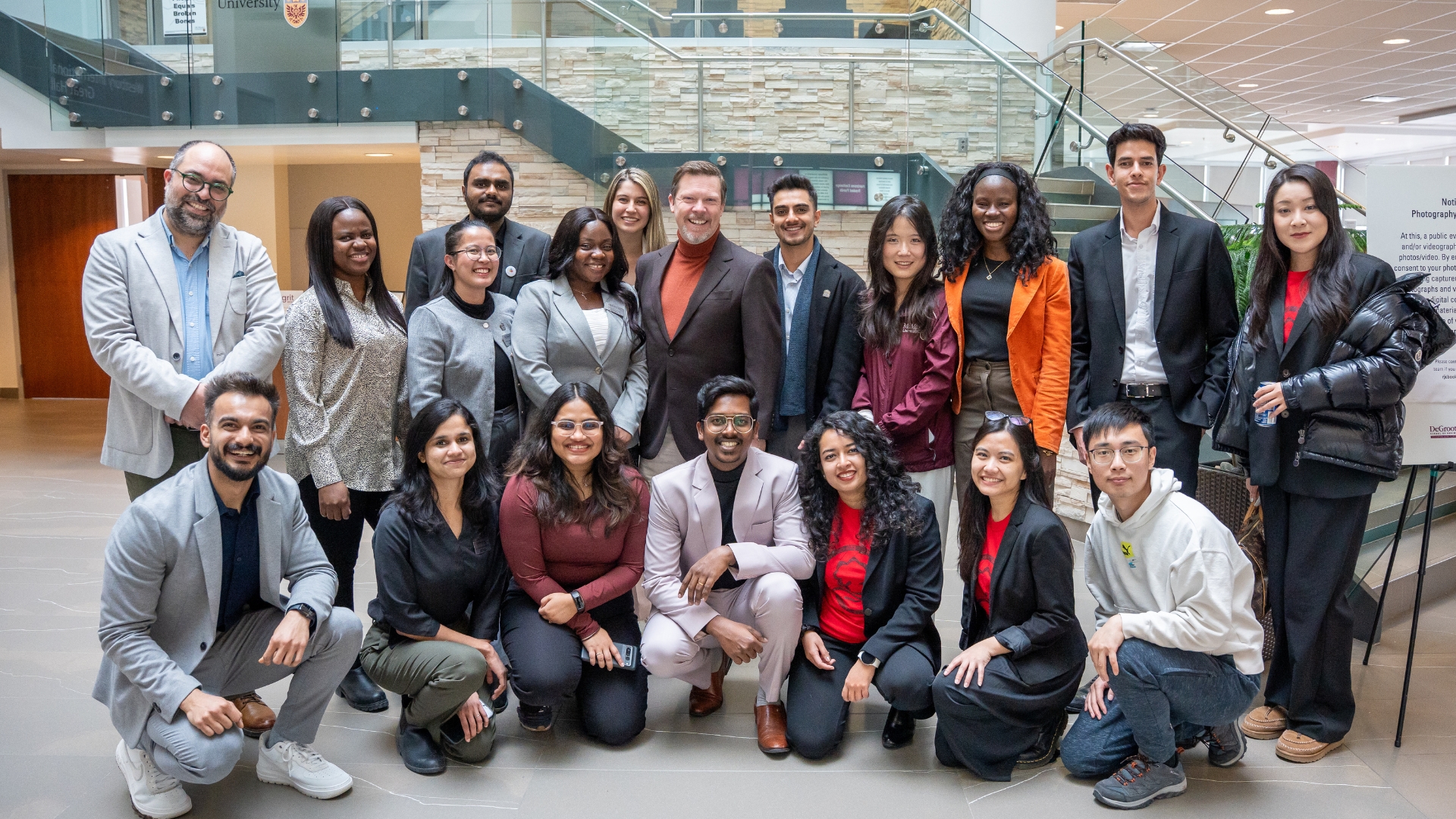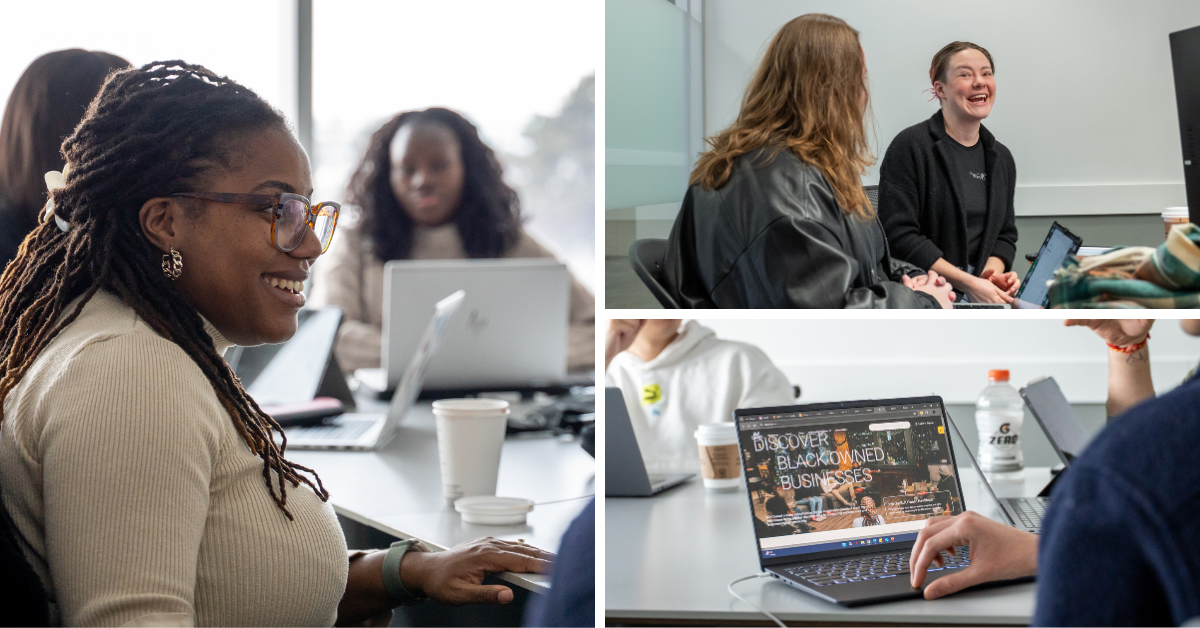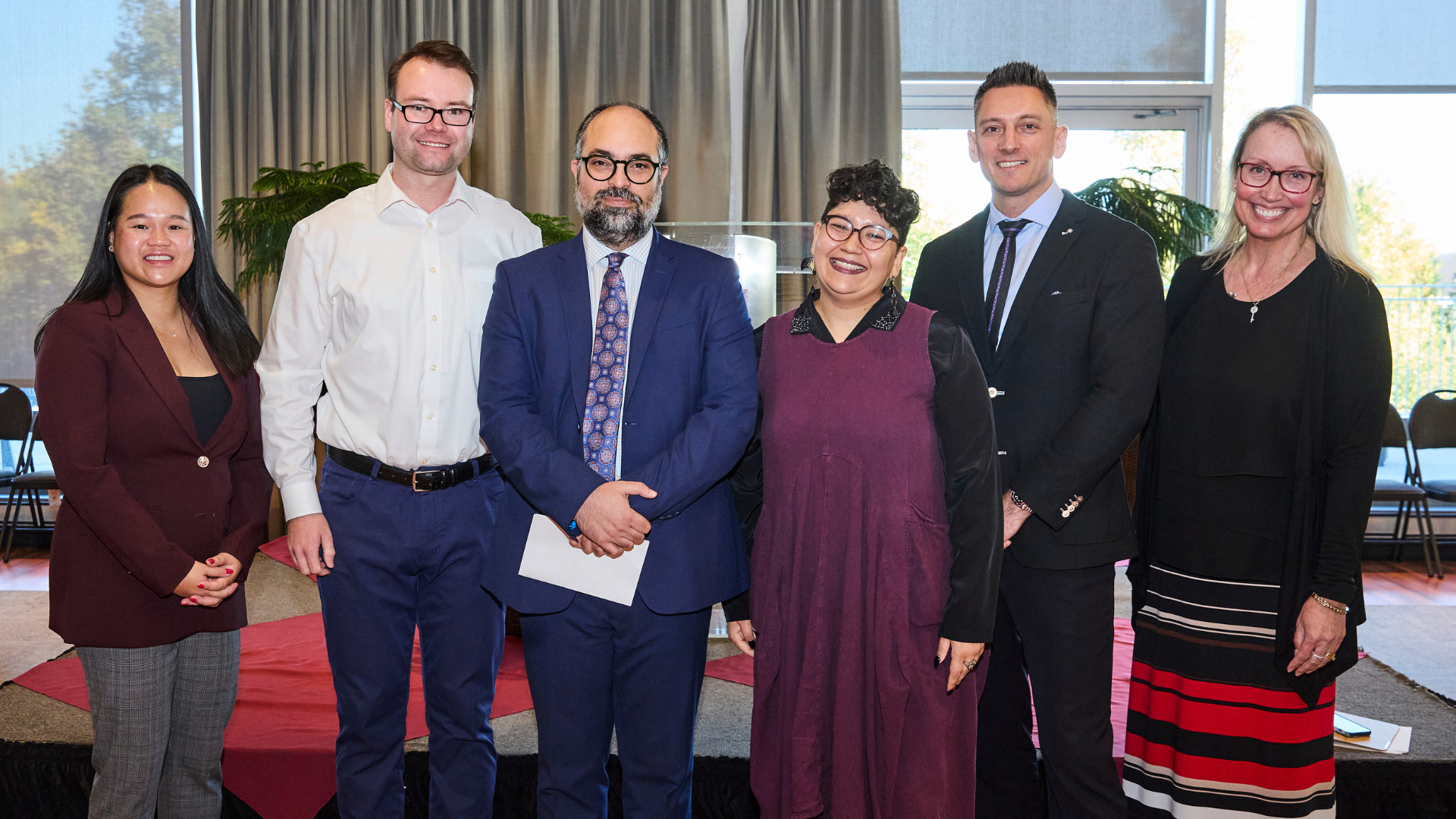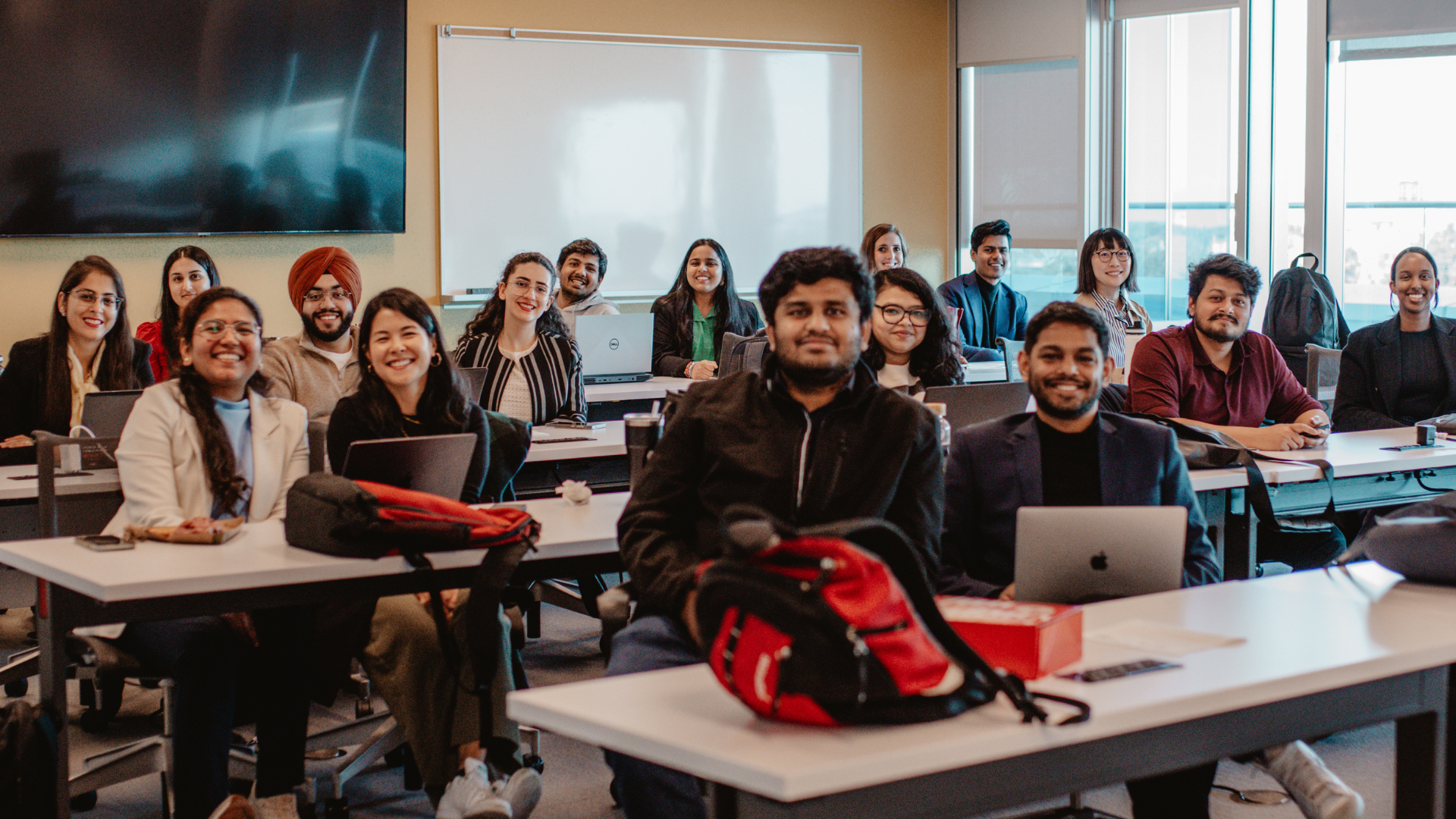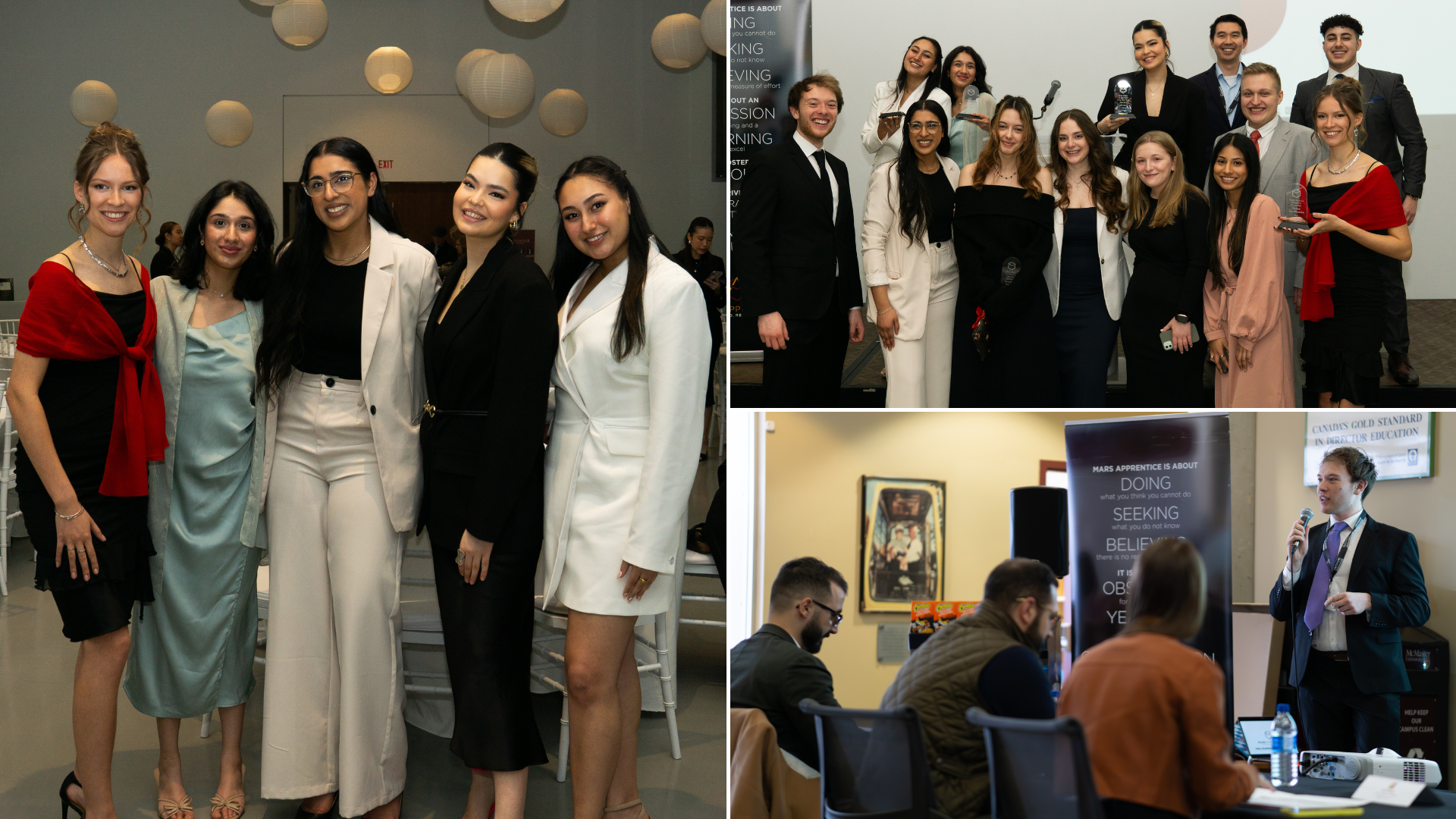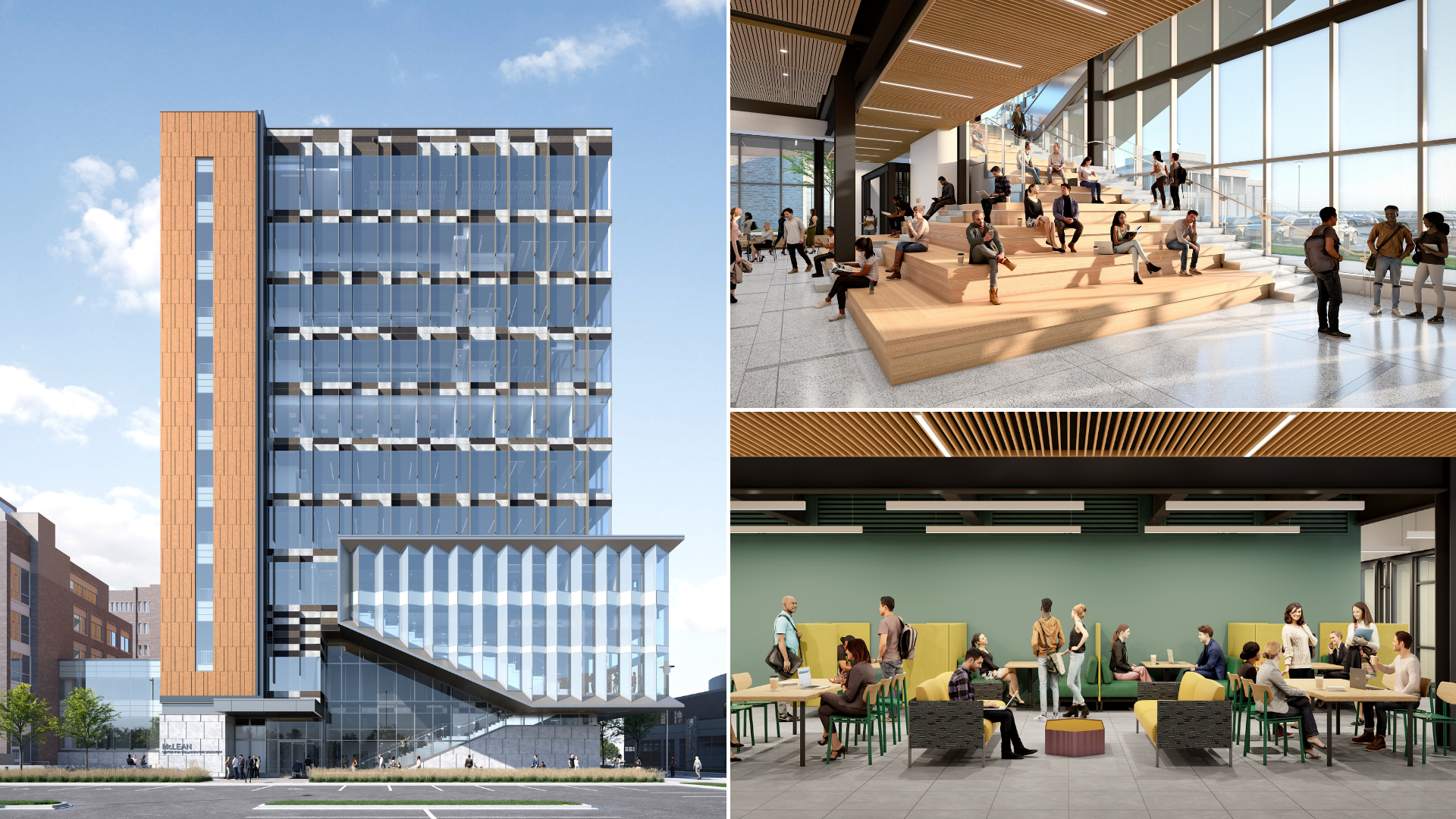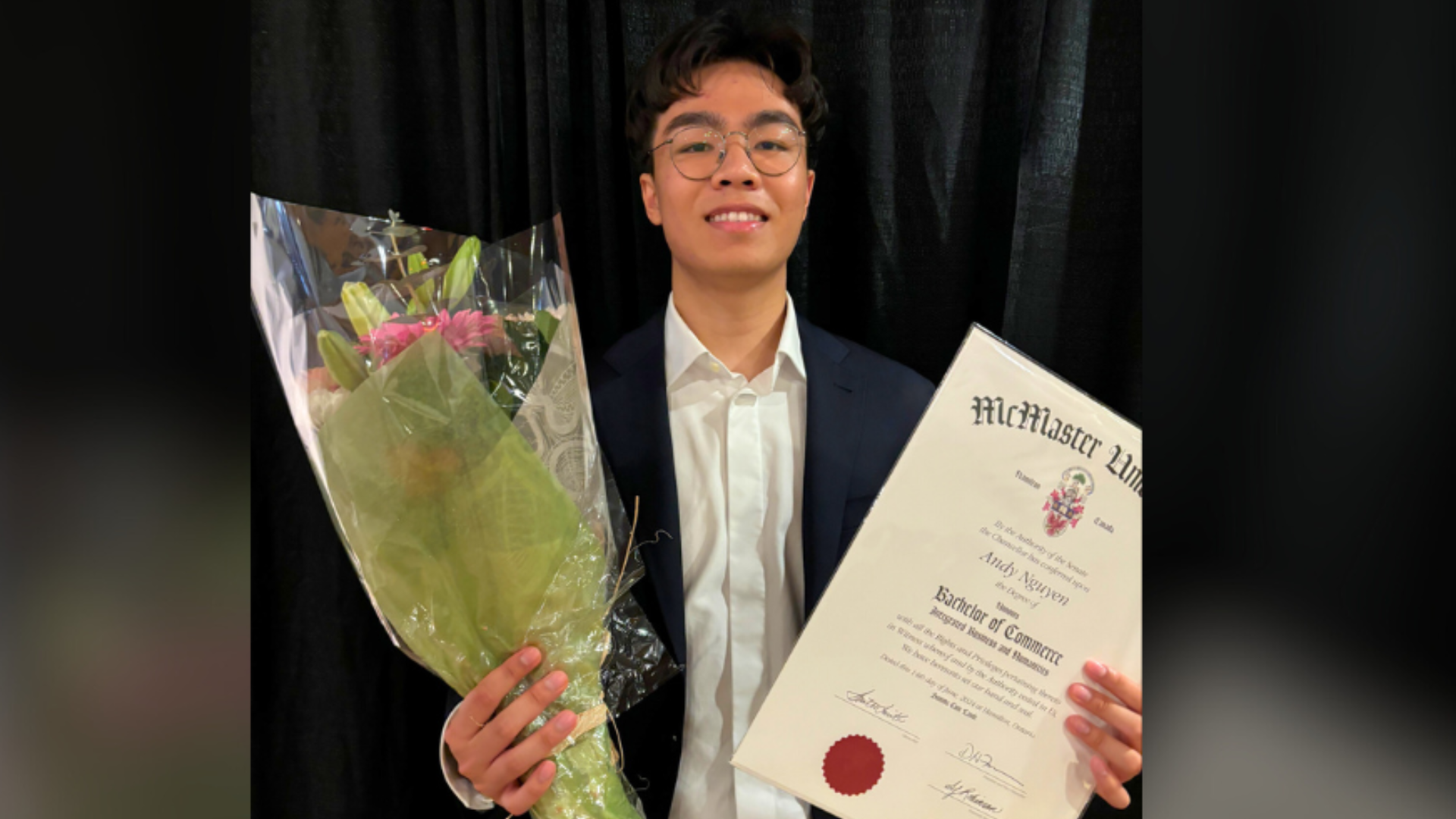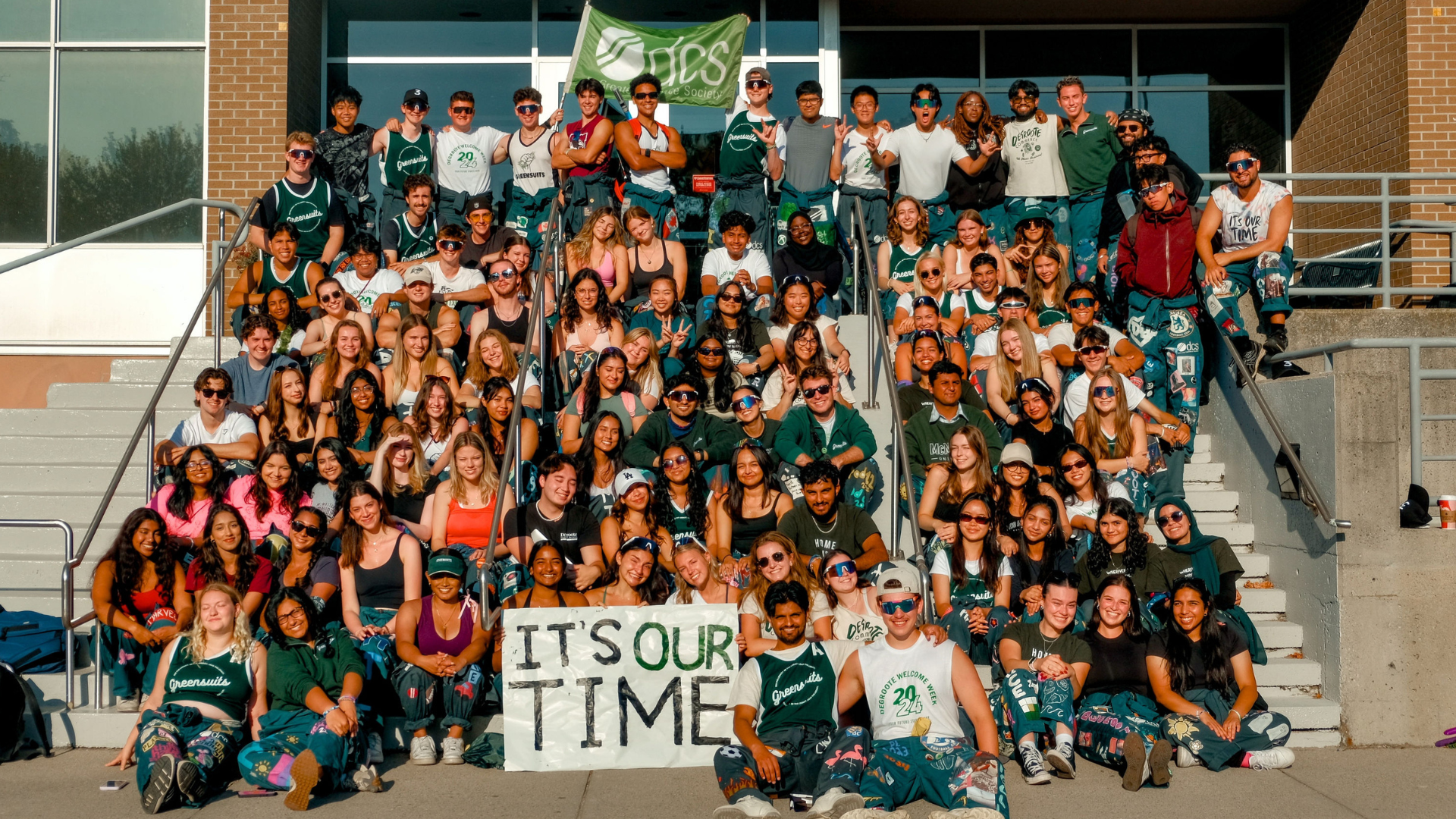IBH’s Global Business Experience Goes Virtual
July 22, 2020 ·
Contributed by: Izabela Szydlo, DeGroote Writer
Share
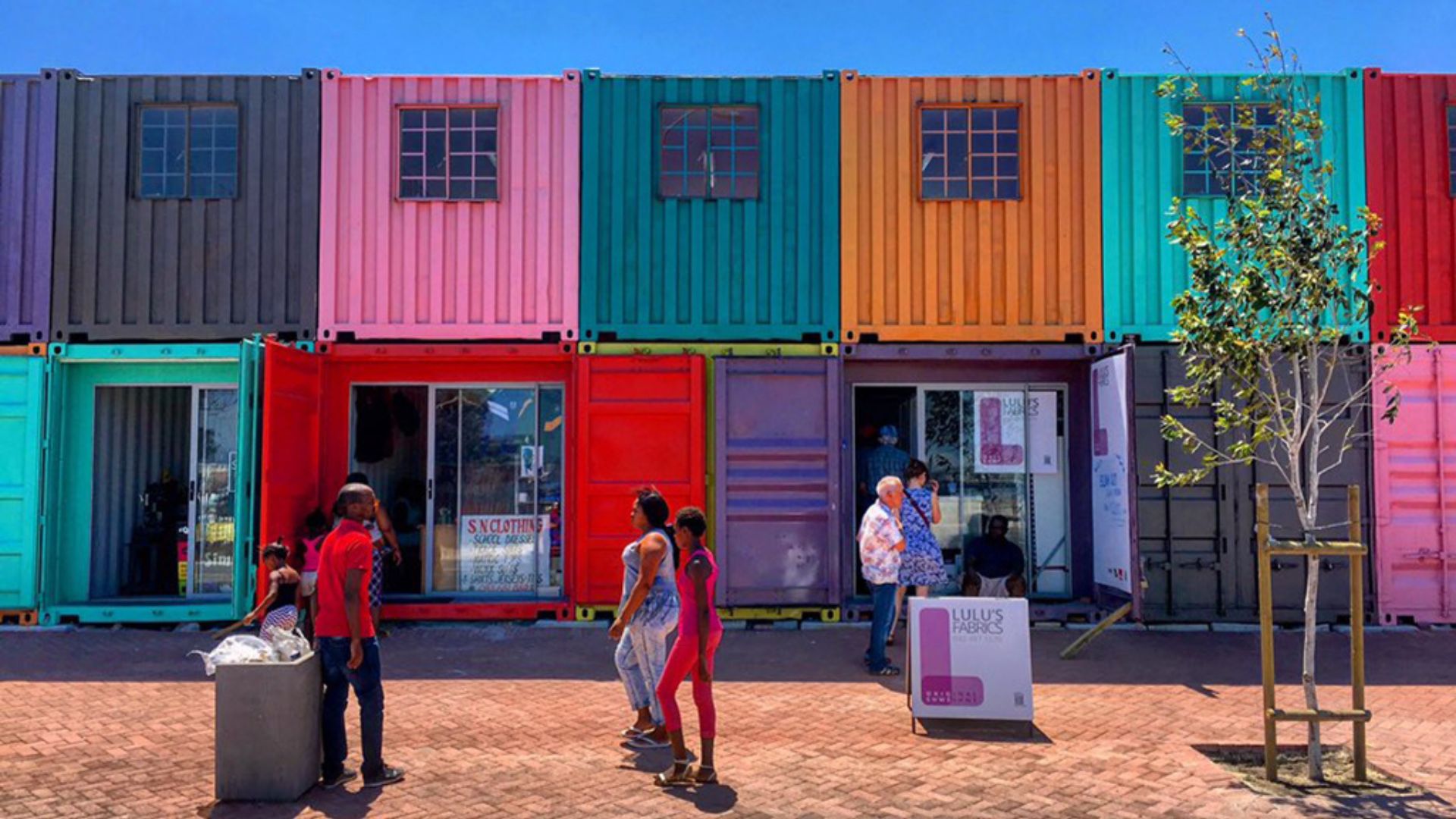
Philippi Village, an entrepreneurial development in Cape Town, Africa’s Philippi township, is difficult to miss. Not only because the incubator hub is at the heart of the township, which is home to about 200,000 people, but also because much of the facilities are 100 brightly-coloured shipping containers known as the Container Walk. Housed in these refurbished, two-storey containers are local small businesses that also benefit from professional support and mentoring at Philippi Village. This fall, students in DeGroote’s Integrated Business and Humanities (IBH) program will visit Philippi Village to experience the vibrant local culture and South Africa’s incredible biodiversity. They will also meet with local businesses, communities, and organizations that operate on international development projects in the country — all without travelling.
The virtual experiential learning opportunity is part of a course redesign of the program’s second-year Global Business Experience. The brainchild of Benson Honig, professor and Teresa Cascioli Chair in Entrepreneurial Leadership, will provide students with an immersive experience that adheres to COVID-19 travel restrictions. All the while simultaneously demonstrating DeGroote’s dedication to curating rich and innovative learning.
With this course, we are putting the ingenuity that we often stress to students in this program into practice,” says Honig. “COVID constraints led us to a great creative solution, but it goes beyond the pandemic. Being at Mac as a faculty member, you know it’s the type of teaching environment where this kind of course development will be backed. I have never heard of any postsecondary institution anywhere doing anything like this.”
A Groundbreaking Business Program
Now in its fourth year, IBH was developed when Emad Mohammad, then Associate Dean (Academic) at the DeGroote School of Business and currently the IBH Program Director, recognized employers are increasingly seeking business graduates who can enter the field already equipped with the ability to think critically, communicate and show emotional intelligence. But rather than requiring students to take several humanities courses, IBH is a full partnership between DeGroote and the Faculty of Humanities. The result is an interdisciplinary offering comprised of customized courses focused on responsible leadership with a meaningful impact. It helps students gain a better understanding of business decisions in a global context while developing good people skills.
“The issue with being a good leader is that there’s more to business than the traditional bottom line,” says Honig. “Today, you must look at the triple bottom line: profit, people, and the planet. So, the conclusion is that we need business leaders who have insight into the humanities, ethics, social issues, and philosophy, which means their knowledge needs to be broader than understanding accounting principles. Our need to create sustainable business environments makes this program very relevant.”
IBH incorporates blended learning and team-taught classes that allow students to integrate and apply skills they develop in both Commerce and Humanities courses into their future. Learning expands beyond the classroom with a 12- to 16-month Commerce Internship program, the Global Business Experience, community engagement consulting, and extracurricular activities. The
Rethinking a Rare Learning Opportunity
The Global Business Experience allowed the first-ever group of second year IBH students to learn, observe, and participate in community building in a non-intrusive manner. During the October 2018 trip, Honig infused postsecondary-level learning by inviting local vendors to meet with students to discuss their businesses and challenges.
“It was the most educational part of the trip,” he says. “But I wanted to figure out a way to further beef up the learning. The next group of students was to go to Ecuador in fall 2019 but was cancelled due to demonstrations in the country. We then redesigned the Global Business Experience so students would go to two different locations — the Andes and the Amazon — and compare the two communities. That created more of a research focus on the trip. That trip was scheduled for this past April, but we had to cancel it because of the pandemic.”
 As COVID restrictions increased, Honig started to imagine ways in which IBH students could still benefit from a global learning experience. He turned to his extensive professional network in Africa. As a board member of the Africa Academy of Management — a network of entrepreneurship scholars that supports the professional development of its members — Honig has worked in various African nations for the past two decades. He has also lived in Africa and travelled the continent, visiting at least 20 countries. He almost immediately thought of Mikael Samuelsson, one of his formal doctoral students from Sweden.
As COVID restrictions increased, Honig started to imagine ways in which IBH students could still benefit from a global learning experience. He turned to his extensive professional network in Africa. As a board member of the Africa Academy of Management — a network of entrepreneurship scholars that supports the professional development of its members — Honig has worked in various African nations for the past two decades. He has also lived in Africa and travelled the continent, visiting at least 20 countries. He almost immediately thought of Mikael Samuelsson, one of his formal doctoral students from Sweden.
Today, Samuelsson is an associate professor in the Graduate School of Business at the University of Cape Town (UCT). With a specialization in areas such as entrepreneurship, business incubation, and business acceleration, he is also the director of Solution Space — an innovation ecosystem for entrepreneurs and a platform for other organizations to engage and collaborate on initiatives such as specific research and development agendas. One of the Solution Space’s two physical hubs is on the top floor of Philippi Village. It focuses on increasing access to educational extracurricular activities and engagement within specific communities and partnership networks. Its facilities include a public workspace, a coffee bar, a co-working space, meeting areas, boardrooms, and learning spaces.
Here, UCT students experience participatory learning. The dissemination of information occurs in two ways — from the inside-out (community members and entrepreneurs sharing local insights) and outside-in (students and visiting staff sharing fresh perspectives and networks with local businesses).
Learning by reading books is great, but the best way to learn is through experiential learning. When I realized I couldn’t take my students anywhere because of COVID, I reached out to Mikael because I had been to Philippi and saw the great work he was doing there,” says Honig. “When it comes to international development businesses, NGOs often go into communities with solutions; however, those solutions may not be what the community wants or needs. In Philippi, they did it the right way. They asked the community what it needs. I knew my students could benefit from that kind of model.”
IBH’s Global Business Experience Goes Virtual
 With the UCT on board, Honig designed the Global Business Experience as a full-semester course to engage both Canadian and South African students. They will learn how the current business environment and economic system have historically evolved and continue to operate in the global economy through an immersive international learning experience.
With the UCT on board, Honig designed the Global Business Experience as a full-semester course to engage both Canadian and South African students. They will learn how the current business environment and economic system have historically evolved and continue to operate in the global economy through an immersive international learning experience.
“For two days, our students will get to experience Philippi for themselves through community leaders equipped with body cameras that will take them through the community,” explains Honig. “They will have the opportunity to interact directly with the community as these leaders interview people in their homes and businesses to discover some of the challenges they have. The topics we will focus on will be COVID and then overall health. The student teams will be responsible for putting together two models of a project that they believe is sustainable and worthy of resource investment that addresses the assigned goals.”
Before DeGroote students meet their UCT counterparts, they will receive a crash course in topics such as South African history, Philippi’s census data, and the township’s community assets. They will also learn about Philippi Village itself, which also features a school, a library, working offices, an amphitheatre and restaurant, and a daycare to accommodate working parents. Before operating from Philippi Village’s Container Walk, many business owners worked from home, struggling with a lack of space and the need to separate professional and home life.
“Cape Town is very stratified compared to Canada and even the rest of South Africa,” says Honig. “There’s a certain class system there Canadians won’t understand, so this part of the course will be crucial in helping students learn about the lifestyle and different layers of Cape Town society. It would help if you had that window into another culture when trying to come up with solutions. We want to ensure students are prepared. It will also be an eye-opening experience for the South African students who often don’t come from townships like Philippi.”
Through this experiential immersion, the course will also seek to give students an appreciation for the interconnectedness of the developed and developing worlds as well as between poverty and other social and environmental issues such as poverty exploitation, environmental degradation, and conservation. According to Honig, the aim is to foster a sense of solidarity with people and places around the world, particularly where Western business practices impact others. Future business leaders and policymakers must make decisions in the service of global peace and justice.
There are no pre-determined answers of how to solve the problems of this community,” says Honig. “This encourages students to be innovative and creative and to make mistakes. They will attempt to solve what is known as wicked problems. These social or cultural problems that are difficult or impossible to solve, in a context they are not used to, cross-cultural barriers, and challenge themselves. I’m most interested in the self-reflection that will result.”
Beyond Second Year
As students get to know their South African teammates, they will be encouraged to turn the connections into lasting relationships and develop a more informed knowledge of the South African and African cultures. The hope is that students can take what they learned from the Global Business Experience and apply it to their upper-year courses on social entrepreneurship and strategic management.
“The candidates for the IBH program are hand-picked because they are interested in being meaningful leaders and want to solve community problems, so I hope they are as affected by Africa as I was. Africa changed my life completely, and the reason I’m doing what I’m doing now is because of that experience. I’m optimistic that students will have an incredible learning experience. While I cannot guarantee that relationships will be built, my guess is that they will be. Building those bridges that really cement international relationships is not only crucial for learning and business, but also for our planet.”

